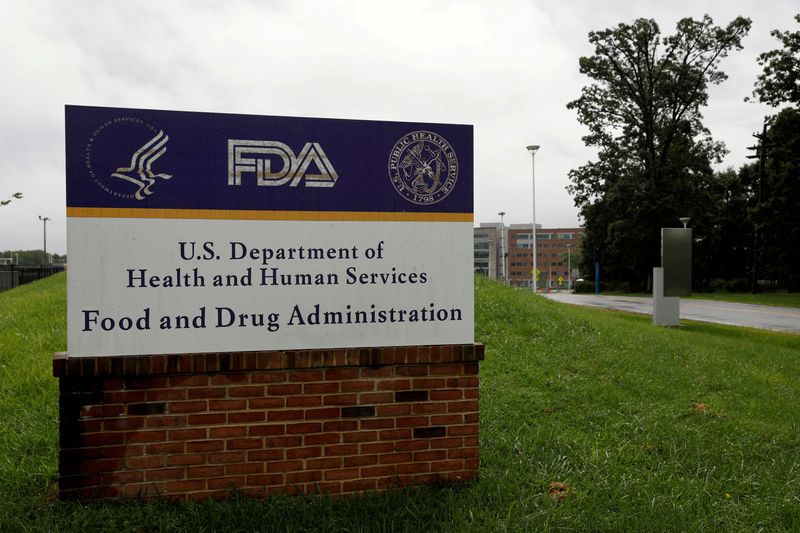US FDA staff raises concerns over data from MDMA-based PTSD therapy
2024.05.31 12:25
By Pratik Jain and Sriparna Roy
(Reuters) -The U.S. health regulator’s staff said on Friday data on the psychedelic drug MDMA for post-traumatic stress disorder was difficult to interpret, and raised new safety concerns ahead of a meeting of the agency’s advisers.
The comments set the stage for discussions over the therapy’s benefits and risks by the U.S. Food and Drug Administration’s advisory panel on Tuesday, as the agency reviews the therapeutic use of the drug for the first time.
The FDA is seeking recommendations from its advisers on a capsule version of MDMA made by Lykos Therapeutics, formerly known as MAPS Public Benefit Corp. The agency is not obligated to follow the advisers’ recommendations, but it usually does.
Chief among the reviewer’s concerns was that patients in the drug’s trials were aware of whether they were given MDMA or a placebo due to its psychedelic effects, clouding how well the drug worked.
There, however, is a large unmet need for new treatments for PTSD, which affects those who have experienced traumatic events and is common among war veterans, as existing drugs do not work on all patients.
“Although this application presents a number of complex review issues, it does include two positive studies,” the FDA staff said.
MDMA is currently illegal in the U.S. and the FDA has so far never approved the therapeutic use of the mind-altering drug, commonly called ecstasy or molly.
If approved, it would mark a watershed moment for psychedelic researchers who say drugs like MDMA can treat mental health disorders and have therapeutic applications beyond their illicit use.
The FDA staff said if the drug was approved, it would require Lykos to collect more lab safety data, including liver function tests after cases of liver toxicity were seen in the therapy’s trials.

Lykos studied the party drug in a total of 194 patients across two late-stage studies, which comprised three treatment cycles — each consisting of one medication session and three sessions of talk therapy alone — under the supervision of a healthcare provider.
Patients who received doses of MDMA in addition to therapy sessions showed a significant reduction in symptoms of PTSD, compared to placebo, as assessed by a structured interview meant to measure severity of the symptoms.








